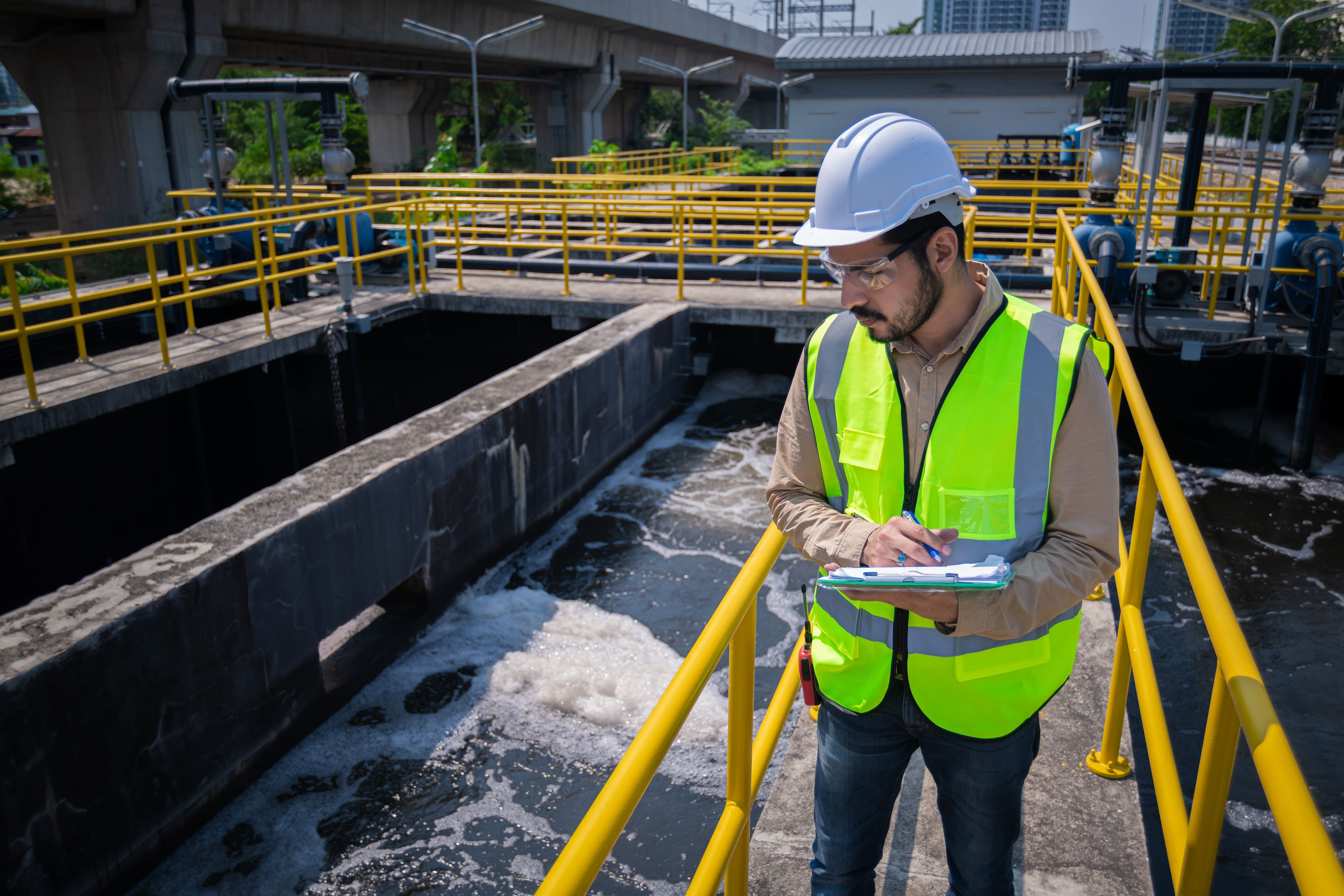Best Practices for Efficient Water Usage in Commercial Buildings
By Switch365 - (2024-06-17)

Best Practices for Efficient Water Usage in Commercial Buildings
Efficient water usage in commercial buildings is essential for reducing operational costs and promoting environmental sustainability. Implementing best practices can help your business achieve these goals and optimise water management.
Conduct Regular Water Audits
Regular water audits are crucial for identifying areas where your business can save water. Hiring a professional or using a business water services company to conduct a thorough inspection of your water systems can provide valuable insights into current water usage and highlight inefficiencies. You can find more guidelines on UK Government’s Water Management Guidelines.
Install Water-Efficient Fixtures
Upgrading to water-efficient fixtures such as low-flow faucets, toilets, and showerheads can significantly reduce water consumption. Many commercial water suppliers in the UK offer rebates for businesses that install these fixtures, making it a cost-effective solution. For additional tips and resources on water efficiency, you can refer to Waterwise UK.
Implement a Water Management Plan
Develop a comprehensive water management plan that outlines specific goals and strategies for reducing water usage. This plan should include routine maintenance schedules, monitoring protocols, and employee training programmes to ensure everyone is on board.
Use Smart Irrigation Systems
For businesses with landscaping needs, smart irrigation systems can optimise water usage by adjusting watering schedules based on weather conditions and soil moisture levels. This not only conserves water but also ensures that your landscaping remains healthy.
Recycle and Reuse Water
Consider investing in water recycling systems that can treat and reuse wastewater for non-potable purposes such as irrigation, cooling, and cleaning. This reduces the demand on freshwater supplies and lowers your business water bill.
Educate and Engage Employees
Educate your employees about the importance of water conservation and encourage them to adopt water-saving practices. Simple actions like turning off taps when not in use and reporting leaks can collectively make a significant impact.

